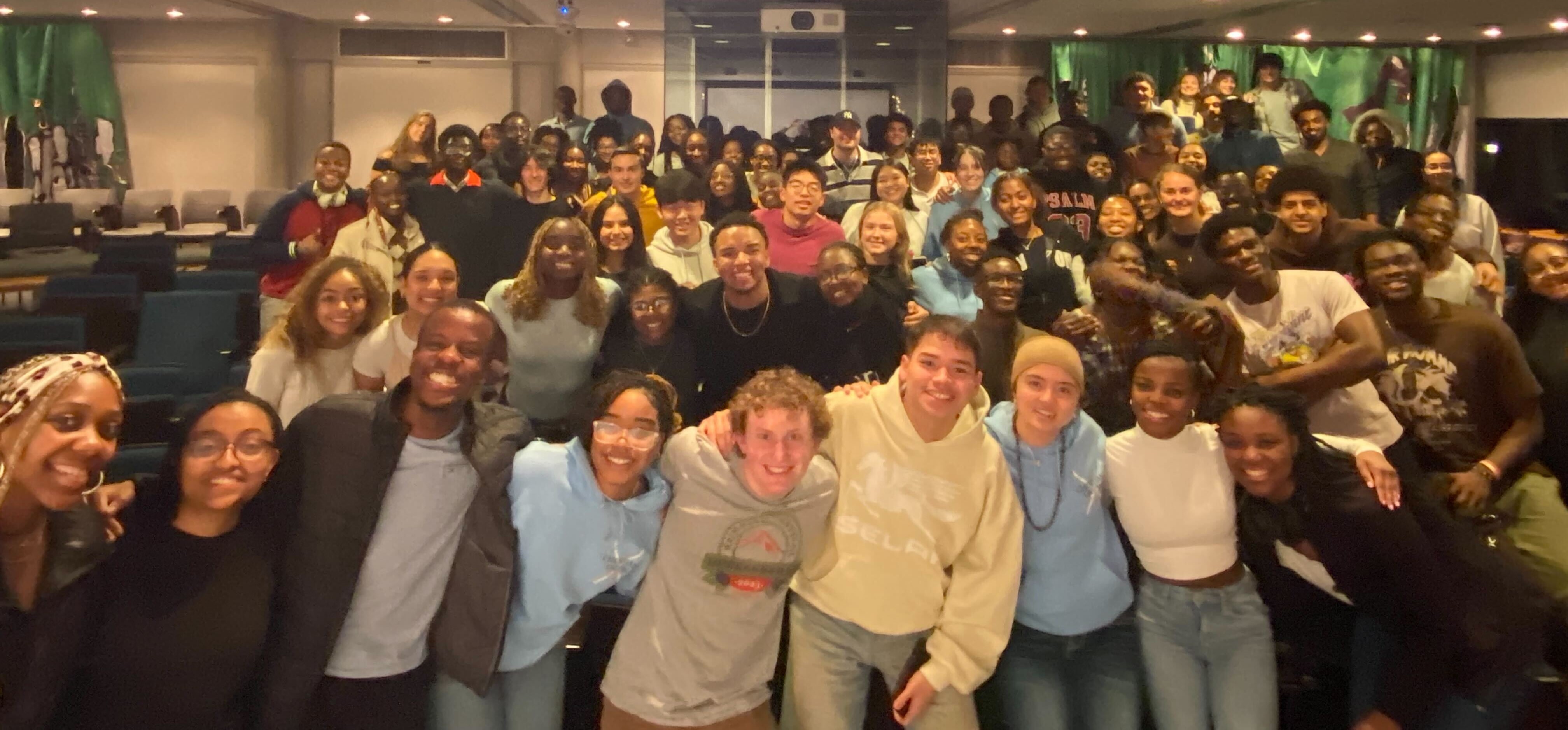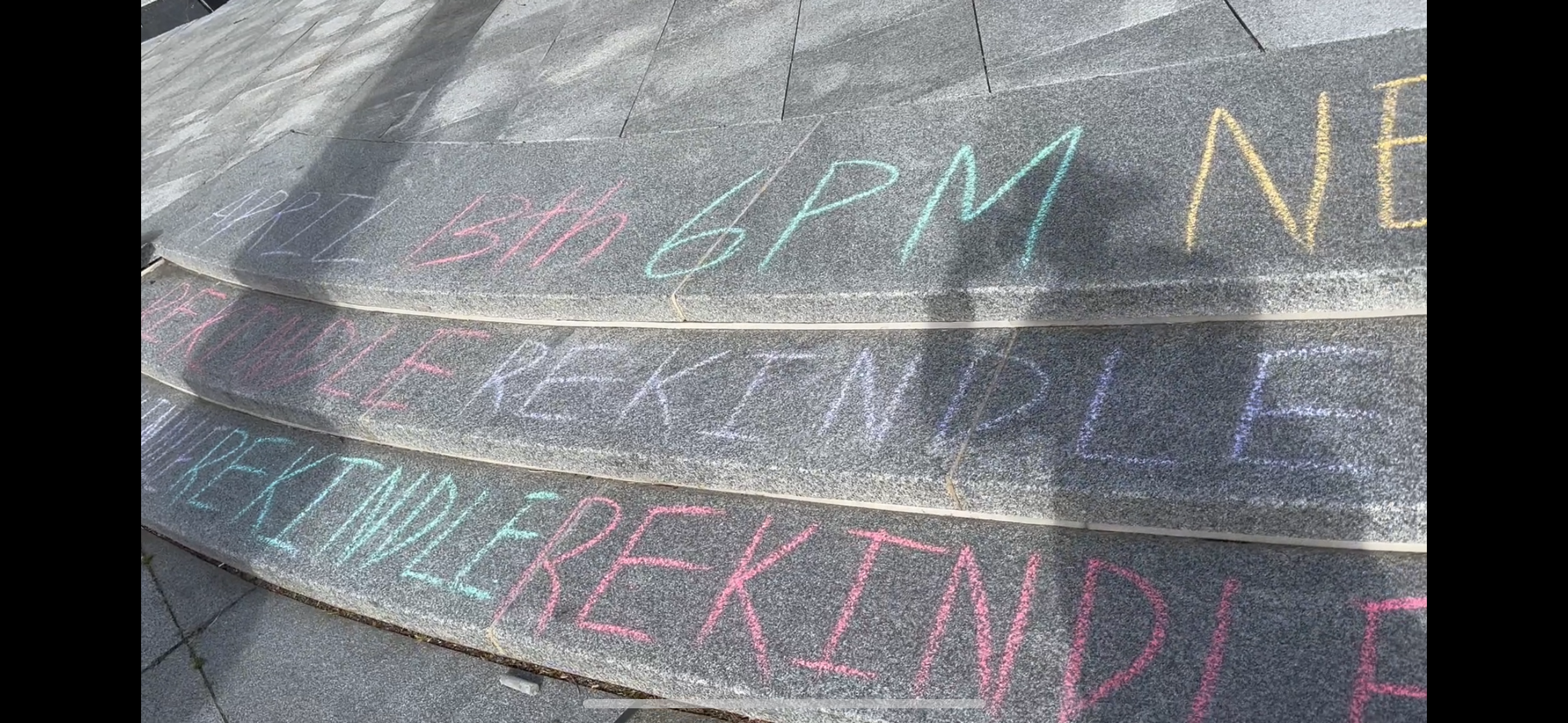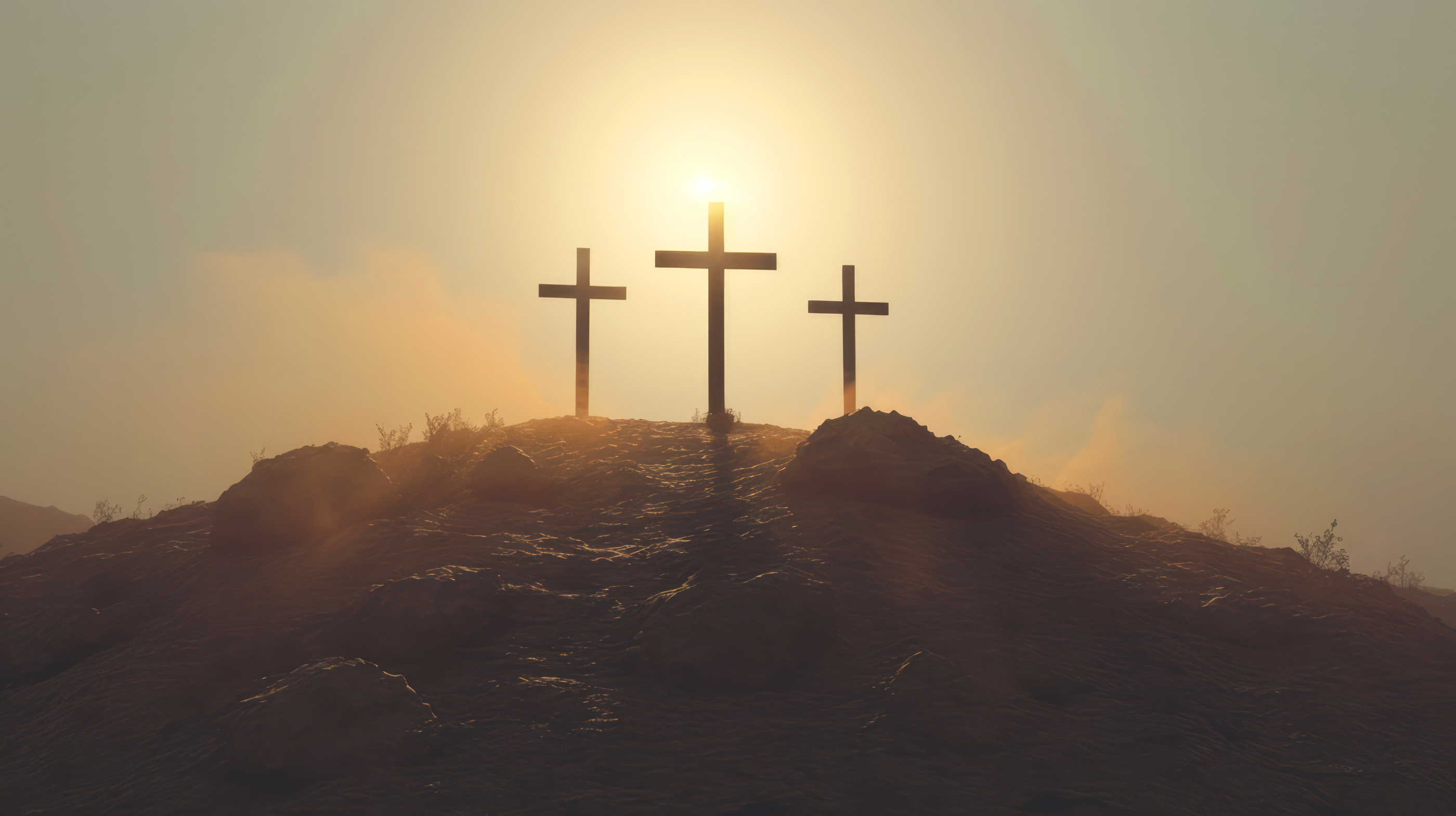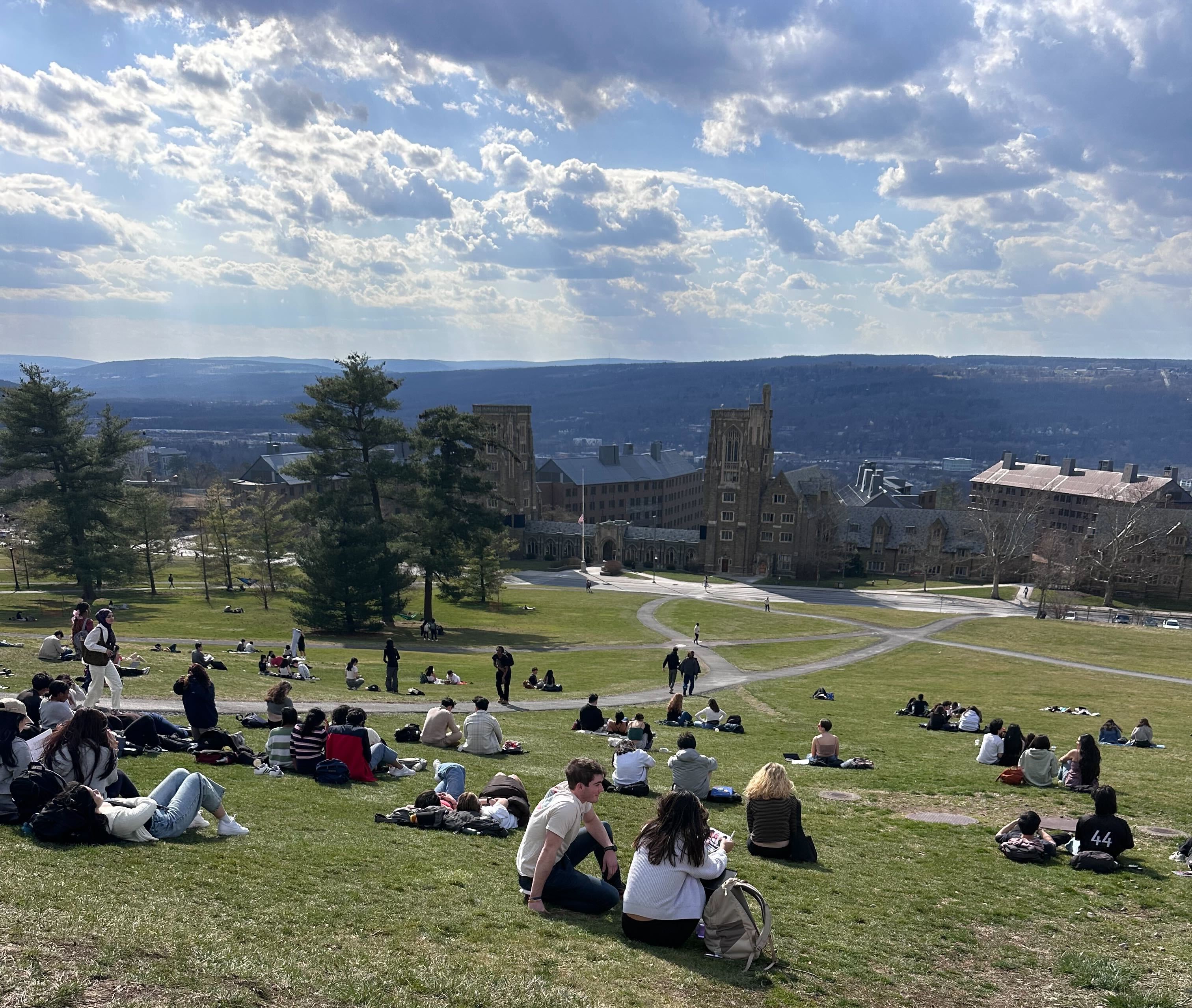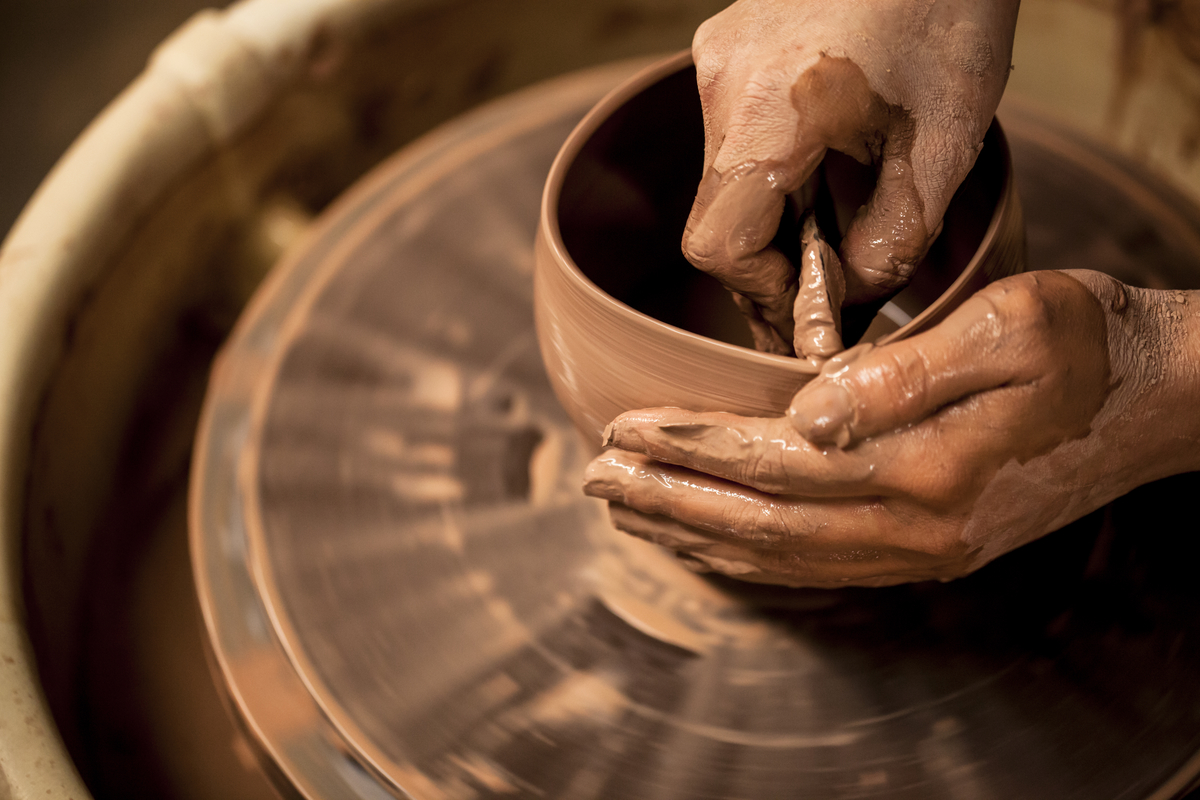Meese, Yale '53, Remains Passionate About Religious Freedom
BY CATHERINE ELVY, STAFF WRITER
Ed Meese, the U.S. Attorney General during the Reagan administration and a Yale alumnus of 1953, paused to reflect on the godly legacy of the United States – and warn of its ever-expanding secular drift – during an appearance at Christian Union’s Staff and Faculty Conference this summer.
“We are in a time of great peril, both governmentally and culturally,” said Meese. “It’s very important that we recognize where the country is today.”
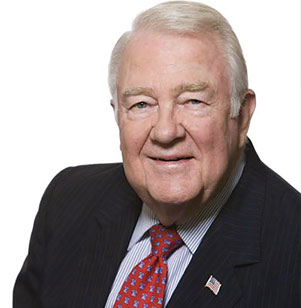 An octogenarian, Meese remains active in championing moral causes, especially in acting as an ambassador for The Heritage Foundation, a conservative think-tank based in based in Washington, D.C.
An octogenarian, Meese remains active in championing moral causes, especially in acting as an ambassador for The Heritage Foundation, a conservative think-tank based in based in Washington, D.C. At the conference, Meese trumpeted the need for contemporary citizens to enjoy increased personal religious liberties and decreased government involvement.
In a democratic-affirming republic, residents should be free to reflect doctrinal principles, even in marketplace operations, without fear of government harassment, said Meese, author of The Heritage Guide to the Constitution. “Our citizens are increasingly ignorant of the Constitution.”
In a recent column entitled “The Gathering Storm: Religious Liberty in the Wake of the Sexual Revolution,” Dr. Albert Mohler recalled Meese’s “prophetic” warning three decades ago regarding looming threats to religious freedom from “ideas that have gained influence in some parts of our society.”
“The ideas of which Mr. Meese warned have only gained ground in the last thirty years, and now with astounding velocity,” wrote Mohler, president of the Southern Baptist Theological Seminary. “A revolution in morality now seeks not only to subvert marriage, but also to redefine it, and thus to undermine an essential foundation of human dignity, flourishing, and freedom.”
During the early 1980s, Meese was a member of the National Security Council and chaired the Domestic Policy Council and the National Drug Policy Board. Most notably, President Ronald Reagan appointed Meese to become the 75th attorney general in 1985. Seven years later, the Oakland, California native published his memoir, With Reagan: The Inside Story.
For many years, he has urged judges to respect the text of the U.S. Constitution in a practice he termed a “Jurisprudence of Original Intention,” rather than subtle or overt policymaking.
Meese cautioned that the United States faces a “time of great peril,” both in terms of mounting government intrusions into religious liberties and cultural decline.
“There seems to be a dismantling of our culture,” said Meese, who highlighted widespread abandonment of morality. That is especially apparent in colleges, where Christianity often is mocked, and in public corridors, where Ten Commandment displays are scrutinized.
Indeed, literature probing the historical decline of titan nations points to moral and cultural decay, as well as the unfettered pursuits of pleasure and materialism as precursors to societal collapse or even foreign conquest.
Likewise, it is especially critical for college students to embrace the rich history and modern relevance of the Pledge of Allegiance’s acknowledgement of “one nation under God,” rather than accept the popular supposition of the United States as a post-Christian country.
In a remarkable effort for its era, the forefathers of the United States established the nation as a beacon of religious liberty and preserved such freedoms in the Bill of Rights, said Meese, who serves as the Ronald Reagan distinguished fellow emeritus at the Heritage Foundation.
Not surprisingly, during a speech while attorney general, Meese once contended that it “begs credulity” that American values cannot be “religious in nature.”
Rather, Meese fondly recalled that some 80 percent of Yale students were involved in religious activities during his undergrad days, and a special week during his junior year focused on evangelism. As well, the practice of using student deacons at University Church dates to the 1920s when becoming a deacon was a senior honor.
As for today, Meese remains committed to public service and his faith.
At the Christian Union Conference, Meese said American Christians should be unashamed to expound and proclaim God. The success of a democratic republic depends upon members of civil society being able to follow the guidelines and commands of Scriptures.
After all, through pronounced faith and determination, rugged pioneers and patriots birthed the United States as a free, democratic country. The restoration and re-illumination of that “shining city upon a hill” rests upon the shoulders of its emerging leaders.
With that, Meese paused to implore his audience to seek the brilliant inspiration found inside the accounts of The Acts of the Apostles. “Ordinary people did extraordinary things for God,” Meese said.




